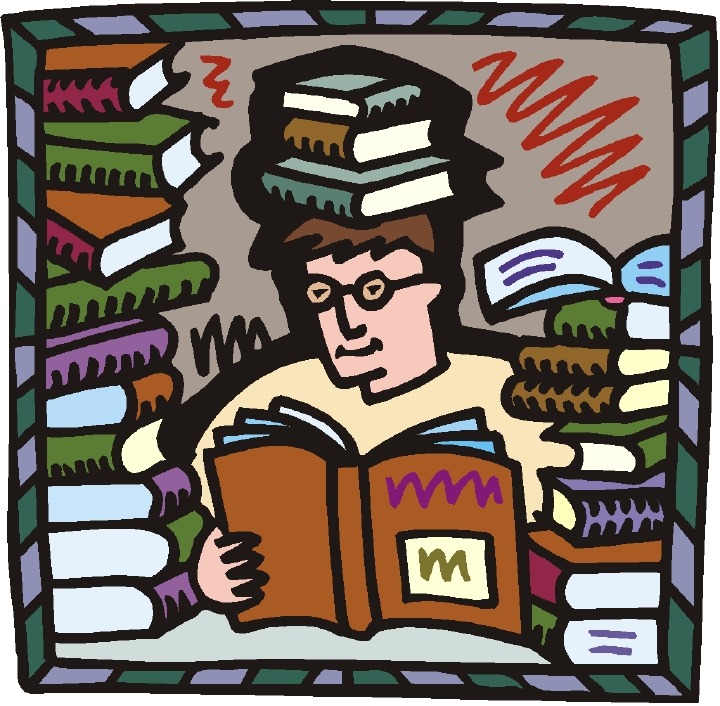 (Howtosurviveschool101.blogspot.com)
(Howtosurviveschool101.blogspot.com)As an educational technologist, I spend a lot of time working with teachers on skills necessary for teaching and learning in the "modern school environment." These skills or competencies add new tools to a professional's toolbox in order to take advantage of new resources or opportunities, engage students in their realm, or be more efficient and more effective with their work. I've never met a teacher who needed a full re-write, but rather these skills are additions to that which they already know and can do. Doing a major project on required skills and competencies recently got me thinking about what this list would look like for a modern choral conductor. Let's skip past those things upon which we all agree are the hallmarks of the trade: extensive knowledge of choral works and techniques, a strong diagnostic ear, interpersonal skills, etc. Those have been necessary to be a successful conductor at any point in time. Let's instead consider some things that might be representative of the now– skills and competencies required of conductors in today's environment. In no particular order, I would suggest:
Copyright
Knowledge of Fair Use, how it governs posting/sharing online media, and the necessary policies/waivers to share people's faces/recordings/pictures online.
Ability to use Creative Commons or "traditional" copyright methods to secure your own work.
Multimedia
The ability to record audio and video.
The ability to edit and distribute those recordings.
Networking
Cultivation a Professional Learning Network (PLN).
Knowledge of social networks such as Google +, Facebook, Twitter or LinkedIn to connect with other professionals in the field or members of your organization.
Use of RSS to subscribe to blogs.
Blogs/Websites
Knowledge of how blogs or internal websites can host and distribute resources for members of your organization.
The ability to edit a basic blog or internal website, including creating links and uploading/attaching files.
Audio Technology
Understanding of basic types of microphones.
Ability to convert files between types such as MP3, WAV and AAC.
What else would be on your list? What would you consider to be essential to success in the modern conducting field?


Jeff Tillinghast says
Tim Sharp says